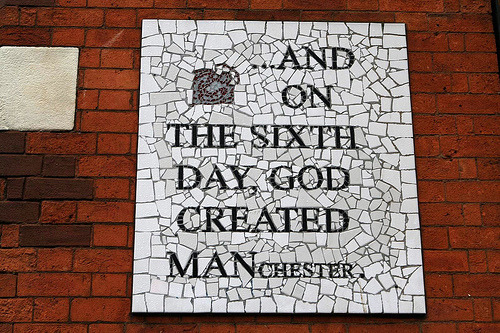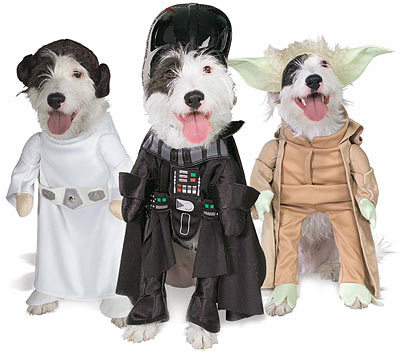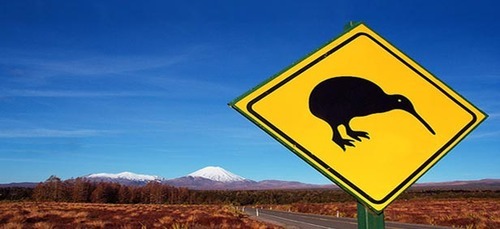
Ah, Manchester! Competitive little Manchester! Gutsy, plucky, Manchester! What makes you tick? What makes you worry so much about Birmingham? What makes you enter into dick measuring contests with us all the time? Well, our Psychology 101 training suggests it’s something oedipal. Tell us, people of the North, tell us about your mother.
Folksy little Manchester was something of a 14th Century Etsy, producing all manner of cutesy home spun bits of Flemish weaving, that was of course until Birmingham started and then sent the Industrial Revolution up country to them, giving them the opportunity to step up their ideas a bit and start to grow.
Whilst Birmingham, a sort of Cupertino for the 1700s, was busily producing more and more great ideas to send out into the world, Manchester rolled up its sleeves and swore it would be bigger than us one day, just you wait and see.
And so, like Frankenstein’s Monster, it lurches about the place grasping at things it doesn’t understand and crying out. One day its clumsy fists might crush Birmingham, the maker. We can’t stop it and perversely we don’t want to. We watch Manchester, simultaneously disgusted and fascinated by it as it shouts something about having more sausages than us, bellowing something about Salford.
Imagine the chip they’d have on their collective shoulders if they were scousers.


